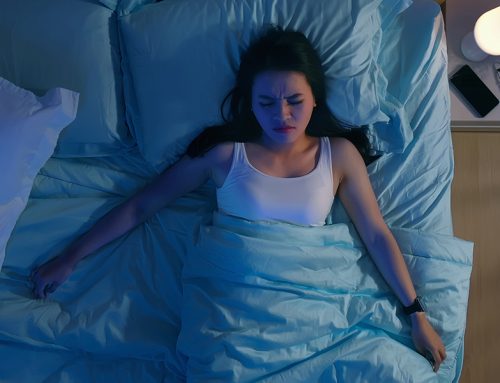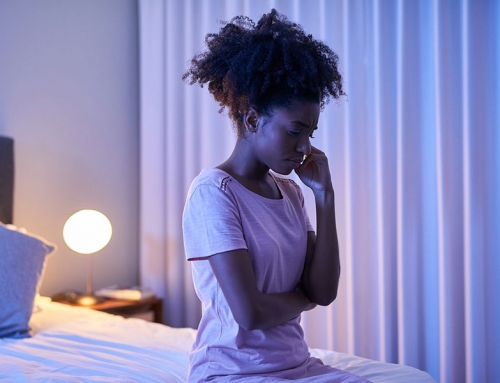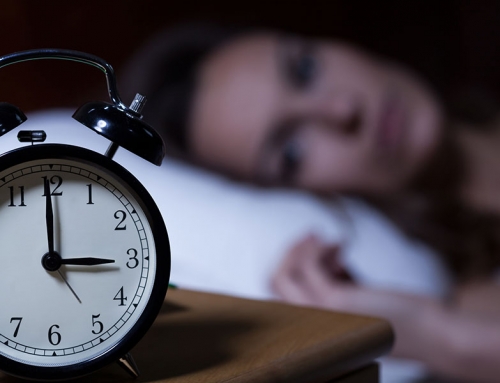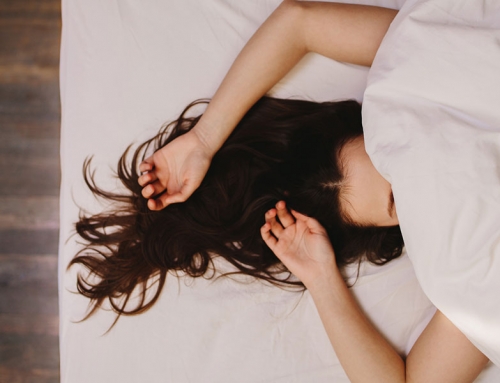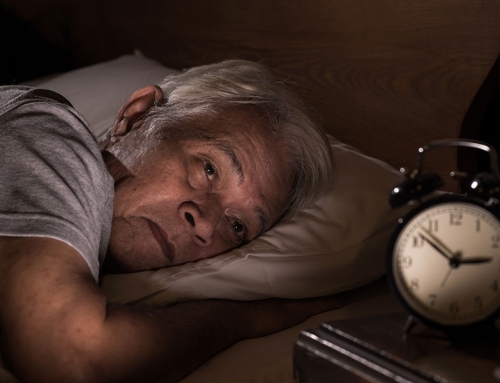According to a US-wide survey, sales of melatonin-based sleep aids doubled between 2007 and 2012. Since then, public awareness and the use of melatonin show no signs of slowing down, with a growing number of people viewing the supplement as a safe and ‘natural’ treatment for temporary sleep disruption — especially as a cure for jetlag. But just how safe and natural is melatonin? And once you consume it, for how long does it affect the body?
Where does melatonin come from?
It’s a hormone. Melatonin is a naturally occurring chemical that regulates the body’s sleep-wake cycle. It’s made in the pineal gland, an ancient area of the brain, and is released into the bloodstream to create a sense of tiredness and sleepiness according to a schedule determined by a wider circadian rhythm.
The circadian rhythm is the body’s automated sleeping and waking cycle, dictated by an internal body clock, which itself responds to ingrained sleeping habits as well as levels of light in the environment. As light lowers, melatonin levels increase. These levels stay elevated for approximately twelve hours, with most peoples’ melatonin levels being low-to-zero during the day.
As a pharmaceutical product, melatonin is normally synthetically produced and is the only hormone available in the U.S. without a prescription. Technically, melatonin is actually classed as a dietary supplement, due to the fact that it widely occurs in nature (found in foods such as sweetcorn, as well as us!)
What does melatonin do?
Perhaps surprisingly, it doesn’t make you fall asleep. The aim of most melatonin-based products is to artificially induce sleep cycle, increasing melatonin levels in the body to match those normally found as we move into the late evening. By hacking the circadian rhythm in this way, the theory goes, you create an opportunity to alter an unwanted aspect of your sleep cycle—perhaps to adjust to a new timezone, or erase a frustrating habit of feeling too alert to get to sleep.
One of the most common reasons for taking melatonin is for a disrupted sleep cycle due to device and computer use. Exposing the eyes to bright LED lights during the evening—endlessly scrolling on a phone or working late on a laptop—inhibits melatonin release, meaning that many choose to counteract the mal effects with a supplement.
Does it work?
Yes — mostly! Multiple studies have confirmed the effectiveness of melatonin as a sleep aid, as detailed by this 2014 literature review, which found that studies ‘weakly’ recommend melatonin for “preventing phase shifts from jet lag, for improving insomnia…and for initiating sleep and/or improving sleep efficacy.”
Because it’s not a drug per se, melatonin is unlikely to ‘knock you out.’ Instead, it requires your help to affect sleep. This means supporting your chances of a good night’s sleep by practicing sleep hygiene, such as creating a quiet and cool environment, turning off any tech distractions, and not introducing screens (TV or devices) into the bedroom, which will likely cancel out any melatonin you ingest. Check out these 8 tips to improve your sleep quality.
How long does melatonin last?
Based on the above, the key melatonin’s effectiveness is to take your sleep supplement at the right time of day. Take melatonin too early, and the effects may be canceled out by a bright and stimulating environment. Take a supplement too late, and the melatonin won’t have time to induce that important period of calm before you try to sleep.
According to Johns Hopkins Medicine, melatonin levels begin to rise around two hours before the body anticipates bedtime. So, the general recommendation is to take between 0.5 and 5 milligrams of melatonin two to three hours before your ideal bedtime. Remember, your circadian rhythm responds to habit-forming behaviors, meaning that melatonin doesn’t always work on the first occasion. To ease jet lag, for example, it may be necessary to begin taking melatonin supplements starting a few days before your trip—working out when your new bedtime will be and counting back two hours from there.
As long as your sleeping environment remains conducive to sleep, you can expect melatonin to remain in your body throughout the night. According to Cleveland Clinic, there is a minor body of evidence to suggest that melatonin can help restless sleepers to stay asleep, but the general consensus is that melatonin does not remain in the body past one sleep-wake cycle.
How long does it take for melatonin to wear off?
Just as with naturally occurring melatonin, light, activity, and the daylight stages of your circadian rhythm will deplete the presence of melatonin in your body. The rate of that depletion depends on several factors, such as:
How much melatonin you’ve taken.
The Sleep and Health Research Center at the University of Arizona recommends taking no more than 0.5 mg to 5 mg of melatonin, and only as much as you need to (It may be a safe supplement, but it’s still a hormone and should be treated as such).
How regular your circadian rhythm is.
The level of natural sunlight you’re exposed to.
The difference between your timezone and your body clock.
Generally speaking, if your body thinks that midday is midnight, your daytime melatonin levels are likely to be higher. This means that any effects from a supplement will last longer.
Summary
The key thing to remember about melatonin sleep supplements is that they are sleep aids, not sleeping pills. In the same way that natural hormones are released to help you prepare for sleep, melatonin can be used to artificially signal that bedtime is approaching. But, melatonin may not work if you don’t also spend time creating the right bedtime environment—so think low light, no distractions, and no devices!
As long as you follow any instructions listed on your melatonin product, the hormone will naturally leave your body as you respond to light levels in the environment and wake up. However, the exact duration of a melatonin supplement will depend on individual factors such as the supplement strength, your level of tiredness, exposure to sunlight, and how recently you’ve crossed timezones. Alternatively, you may want to check out other proven sleep-inducing hacks that do not involve pill taking.

